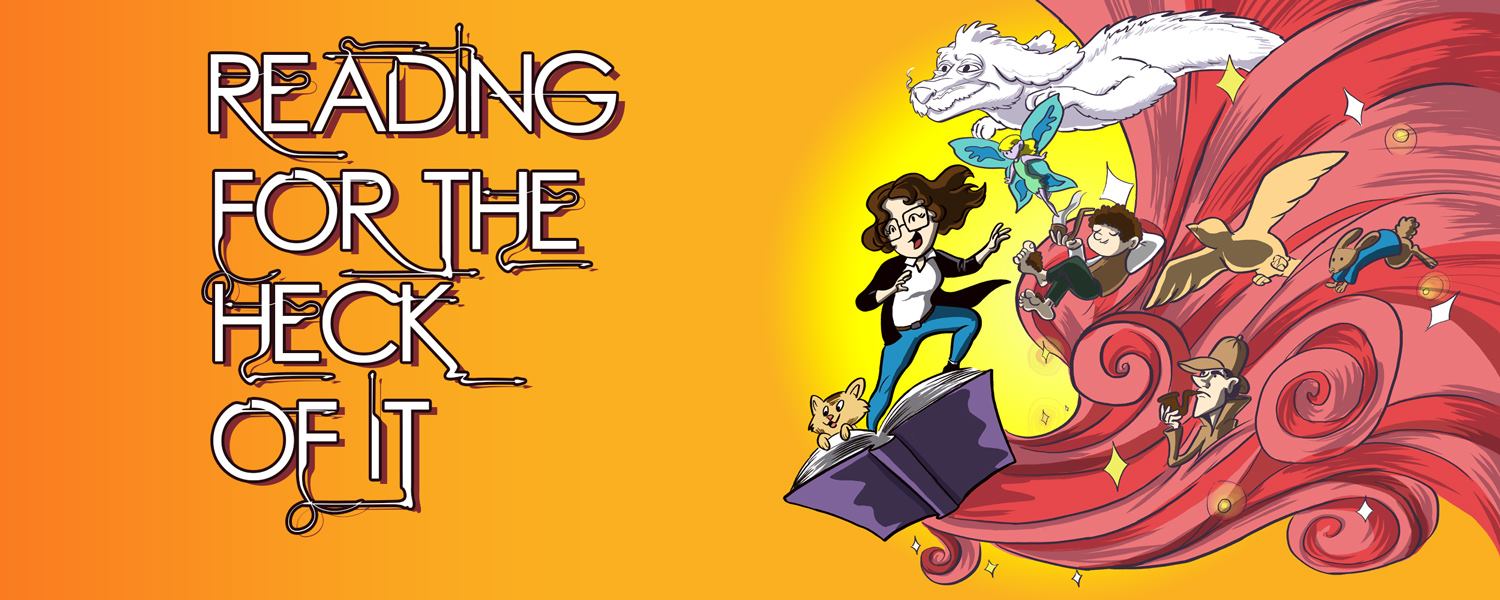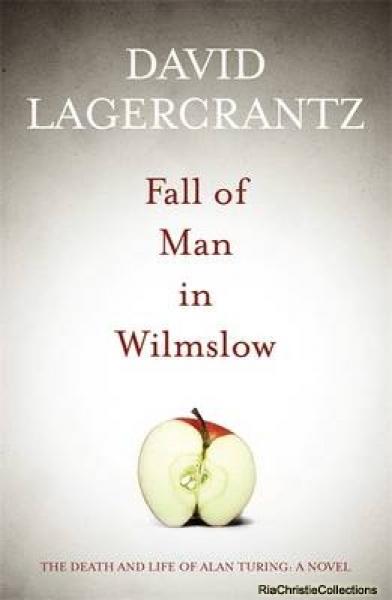Are you the type of person that watches the film adaptation
before you read the book so there are no 'spoilers'? Or do you prefer to go into the film
after reading the book so that you already know what's supposed to happen? Do you even care if an upcoming film is adapted from a book? For my part, if I know ahead of time that a movie has been adapted from a book I will 100% read the book first. Of course, there have been many instances where I've watched a film and during the credits I discover that it was based on a book and I have to whip out my phone and add it to my TRL (unless I didn't like the film obviously).
I ask all of these questions because I just read
The 5th Wave by Rick Yancey which is the first book in a trilogy (I know, I know
another series) and also a film coming out in theaters on January 22nd. I saw the trailer, did a little research, and immediately added the book to my library holds list. I WAS NOT DISAPPOINTED. The setting is contemporary America right after aliens have come to our world. They aren't your friendly E.T. characters either. The name of the book denotes the 'waves' of terror that the aliens inflict on the planet. The point of view flips between 4 characters as they navigate their new reality. The 'main' character is Cassie (why are all of these young adult series books about a girl who never knew she had the strength within to rise up and be the hero?) who is a fairly typical teenage girl and I don't think the book would work if she weren't able to believably carry the narrative. I don't want to tell you about the other 3 narrators because I think that would be too big of a spoiler. >:-) Suffice to say that the book is sure to keep you on your toes and if you're a fan of sci-fi/fantasy novels that center around aliens this is one that you should definitely check out. (I've already made a note to pick up the second in the series,
The Infinite Sea.)
Following that, I delved into Philip K. Dick's,
The Man in the High Castle, which was recently turned into a miniseries. I became intrigued because not only did the trailer look amazing but its focus is on a turning point in history which I'm very interested in (you'll know if you've been here a while). The second (or does this count as the third?) thing that decided me on picking this book up was that I hadn't read any of Philip's work before and he's known for his award winning sci-fi works. The basic premise is that instead of the Allies winning WWII, the Japanese and Germans won..and the outcome is about what you'd expect. I think the reason that he's been hailed as a master in sci-fi is that his imagination is astounding. Undoubtedly, I've read better books before but... You can't deny that a book about the alternate history of the planet after WWII which has within it a book about what would have happened had the opposite outcome of WWII occurred (i.e. the Allies winning) is pure genius. Also, I hope you followed that sentence because I read it back about a zillion times and I'm not so sure
I follow it. So in conclusion, if you want to read a truly meta work which encompasses a truly novel (ha ha ha) idea then check
The Man in the High Castle out. If you're looking for Isaac Asimov level stuff...read Isaac Asimov.
**If you're interested in buying any of these books or any books really, you can click here or
here. The first will re-direct you to AbeBooks and the second will re-direct you to The Book Depository. These are great websites for purchasing books (AbeBooks carries inexpensive used and out-of-print books and The Book Depository ships free everywhere in the world). Full disclosure: I will receive a commission on all sales made by following either of these links. I wouldn't recommend a site that I didn't use and you are under no obligation to purchase anything. :-) **












